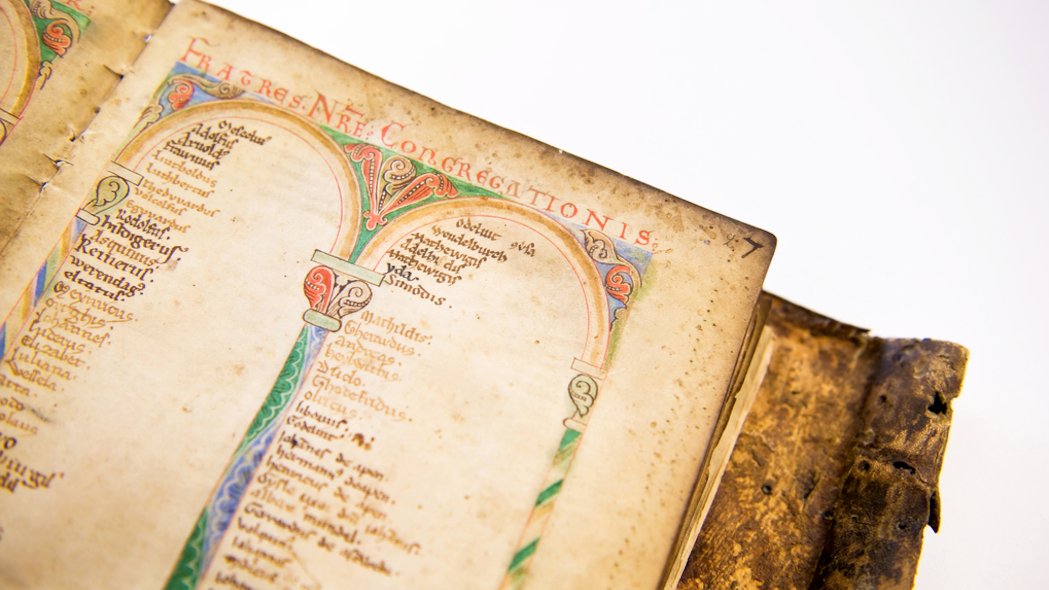Historical sciences
The study of history explores the development of man as a social and active being. It attempts to reconstruct and critically interpret historical events on the basis of reliable sources.

Overview of the academic discipline
The traditional areas of history are antiquity, the Middle Ages and modern times. In addition, some individual disciplines have developed, e.g. Egyptology, Assyriology or Byzantine Studies (history and culture of the Eastern Roman Empire). In some cases, content was also assigned to individual disciplines (church and religious history, literature and art history, etc.). In addition, separate subjects have also developed, e.g. the history of Judaism (see section 3.8.7 ‘Jewish Studies, Jewish Studies’).
Economic and social history and the history of technology emerged as a reaction to industrialisation. Regional, state and urban history as well as population history developed from the study of individual areas. There are overlaps with the field of study ‘Classical Studies, Archaeology’ (see section 3.8.2).
Which topics are included in the curriculum?
The Bachelor's degree programme initially teaches the basics of historical research, working techniques and methods:
- Ancient History is closely linked to Classical Philology and Archaeology.
- Research into the Middle Ages is primarily dependent on manuscript records. Important supplementary and complementary subjects here are art and church history, medieval Latin philology and the auxiliary historical sciences.
- Modern history begins with printed sources in the early 16th century.
- From 1789 onwards, we speak of modern history.
- Contemporary history, which in turn is closely linked to political science, deals with historical events after the Second World War.
Building on this, knowledge is deepened in sub-epochs and in selected problem areas, whereby a profile or specialisation is usually formed.
In addition, there are modules in the sub-subjects of history such as constitutional, economic and social history, historical auxiliary sciences, regional history as well as key qualifications such as translating sources and specialised texts, information procurement and similar.
Ancillary sciences of history are palaeography (scribal studies), diplomatics (study of documents), chronology (time calculation), genealogy (study of ancestry), sphragistics (study of seals), numismatics (study of coins) and heraldry (study of coats of arms). Sociology, economics and statistics are also used by historians.
What are the requirements?
Some universities require knowledge of foreign languages, such as French and English. Latin skills can usually be made up during the degree programme if required.
It is also helpful if you have knowledge of the following school subjects: history, economics/law, politics/social studies, German, Catholic religious education, Protestant religious education and ethics/philosophy.
What study programmes are there to choose from?
History programmes are mainly offered at universities. The variety of subjects ranges from ‘Ancient History’, ‘Historical Sciences’ and ‘European History’ to further specialisations such as ‘History in Science and Practice’ or ‘History of Natural Sciences’.
What job opportunities are there after graduation?
Historians find employment in adult and political education, at research institutes, in museums, archives and libraries, in the foreign service, with associations, foundations and political parties as well as in the media and in press and public relations work. In addition, one of the main fields of activity for historians is teaching at schools; the degree programme concludes with a teaching qualification (see chapter 3.10 ‘Teaching qualifications’).
